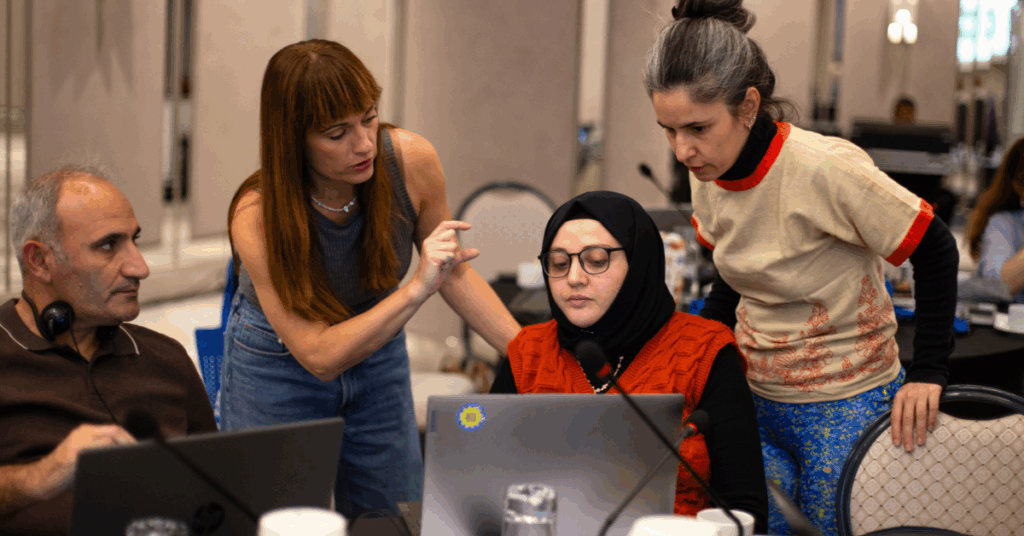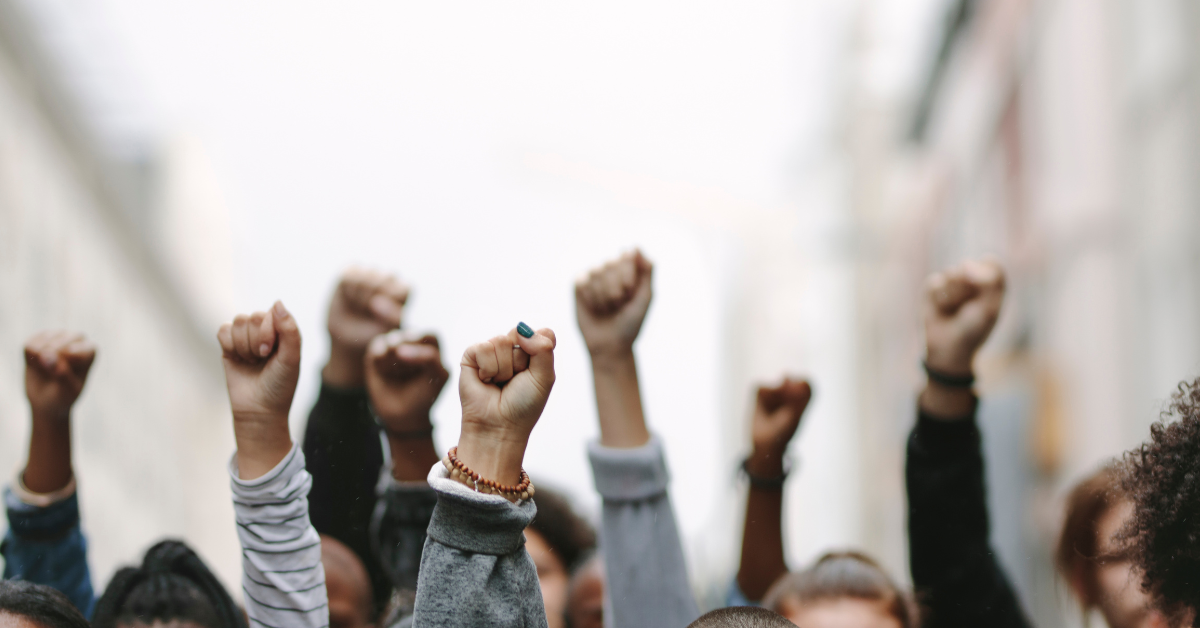*This article was prepared with the editorial assistance of AI, but all information, thought, and analysis was done and reviewed by Alejandra Kaiser.
The road towards justice and accountability in the fight for human rights is often long and riddled with obstacles. Lack of funding, achieving effective collaboration, managing complex cases, collecting troves of evidence, and digitising and making sense of massive amounts of data are some of the challenges human rights defenders face. But documenting human rights violations is not only about gathering and preserving evidence; it is also about shaping the present and future.
This is why every advancement, from expediting data processing to building robust grassroots networks, is a win that needs to be celebrated and recognised. These are not merely technical or logistical improvements; they are strategic actions that strengthen the broader struggle for justice.
Here are concrete examples of how small wins in documentation are fueling human rights defenders worldwide:
1. Creating a regional network for documentation and protection
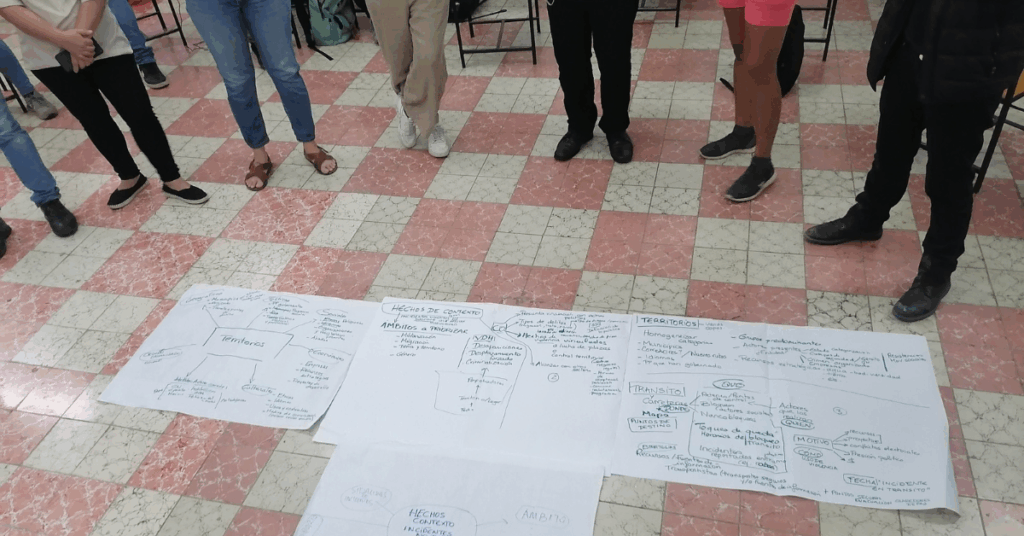
In the state of Chiapas, Mexico, where violence against human rights defenders and land defenders is alarmingly high, documentation has become a collective act of solidarity and protection. El Obse (The Observatory of Human Rights Defenders in Chiapas) is the synergy of more than 20 local organisations that have united to document and create visibility of the attacks they face. This public database is both a tool and a testament to the resilience of local defenders, offering a shared platform not only for documenting violence but also for building collective security and protection in a high-risk region.
2. Expediting data: documentation as an act of resistance
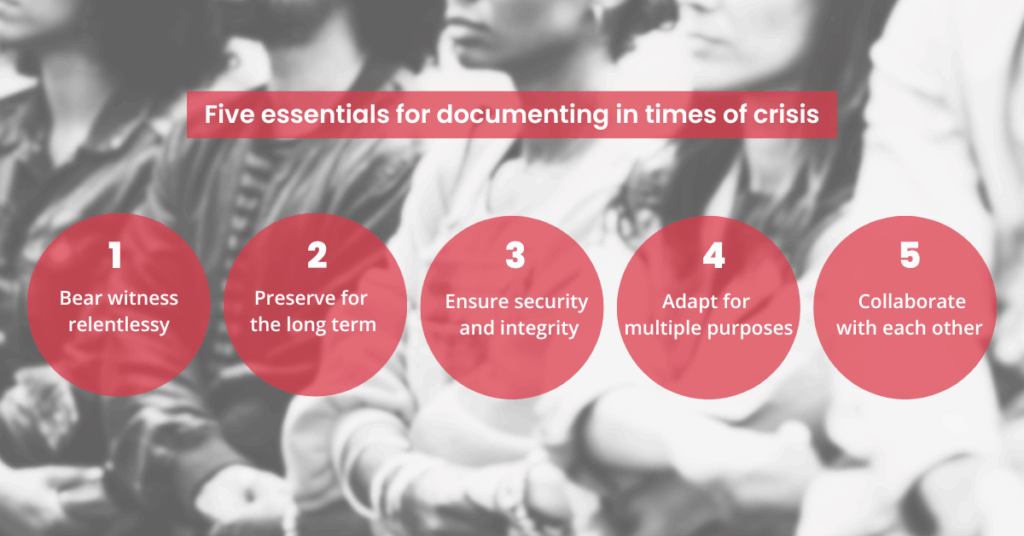
The road in human rights work is often long, hard and arduous, and having concrete and fast wins can help sustain hope and the strength to keep going. Expediting the process of documentation is a critical strategy against attempts to silence the truth. HURIDOCS Programme Officer Ximena Arrieta Borja argues in her blog post that in times of crisis, the speed and security of documentation are vital. Rapidly moving raw data into secure, structured systems ensures that documentation endures as a continuous act of resistance that safeguards evidence and serves as verified evidence for justice.
3. Revealing patterns in data
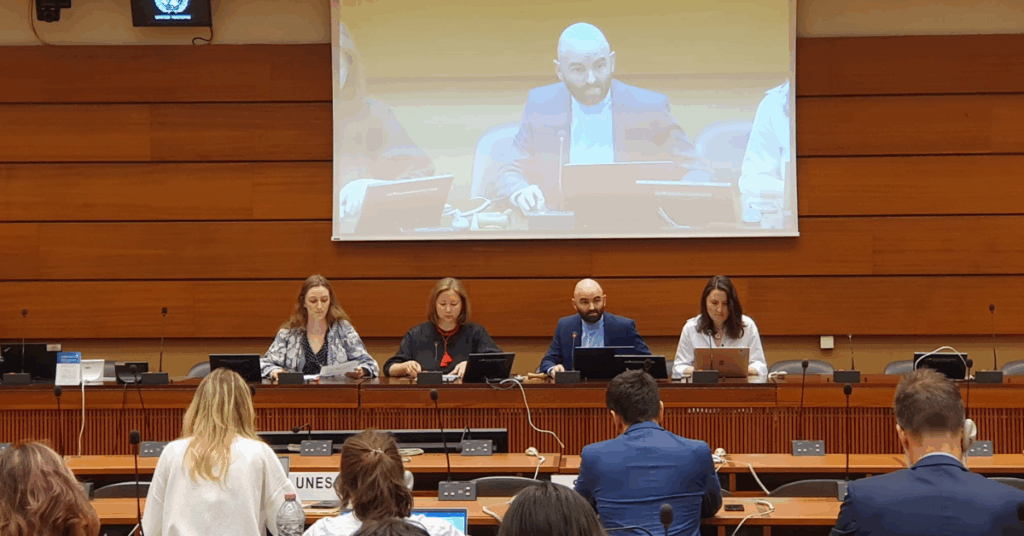
When documenting violence, data is most often presented in individual, isolated incidents. Using Uwazi’s data visualisation features, defenders can look across hundreds of cases to identify patterns such as the demographics of the victims (ie, targeted based on gender, ethnicity, etc), the time and geographical clustering of violations, specific methods used by perpetrators, among others.
All of these are essential for accountability, allowing defenders to shift from individual cases to widespread violations in their advocacy efforts. This can be seen in different ways across some of our partners’ public databases in Uwazi:
- North Korean Prison Database – exposes human rights violations and atrocities inside the North Korean prison system
- Detention Landscapes – documents human rights violations inside immigration detention facilities in Greece.
- Unmasking Russian Propagandists – reveals open Russian calls in media promoting genocide against Ukrainians.
4. Dedicated funding support for documentation initiatives
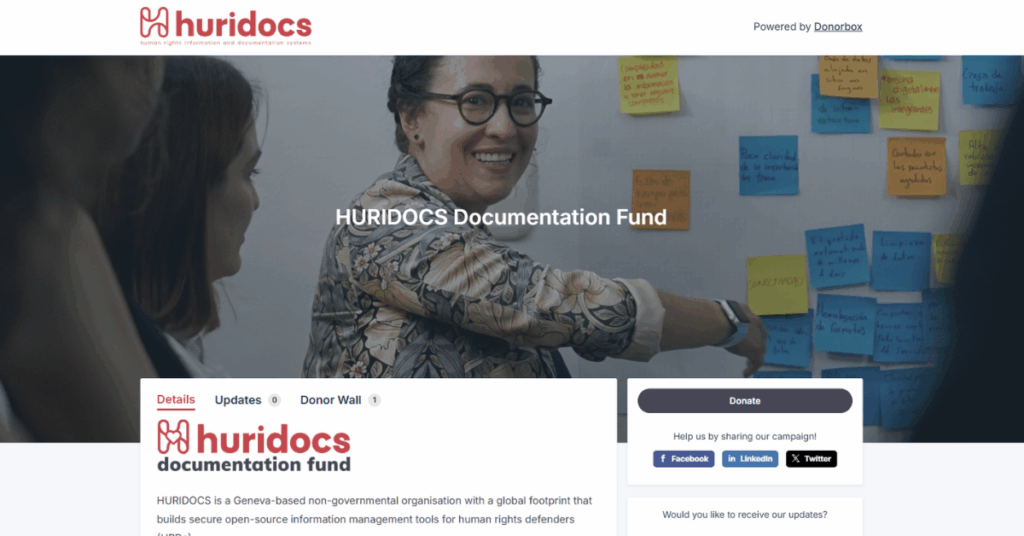
Strong and sustained documentation efforts depend on reliable funds that enable defenders to act quickly, securely and consistently. In a context where defenders are under pressure, with limited time and tools, dedicated funding helps ensure that those on the front lines can continue documenting safely with a long-term strategy in mind.
Securing funding can be one of the biggest pain points for defenders. The HURIDOCS Documentation Fund exists for this very reason. It supports civil society groups and human rights defenders in volatile contexts who lack the financial means to access support and software to securely store and properly analyse human rights violations. Through this fund, partners can access pro bono or subsidised assistance to conduct thorough documentation, systematise important data securely and efficiently, and build more resilient workflows.
5. Machine learning features that give defenders their time back
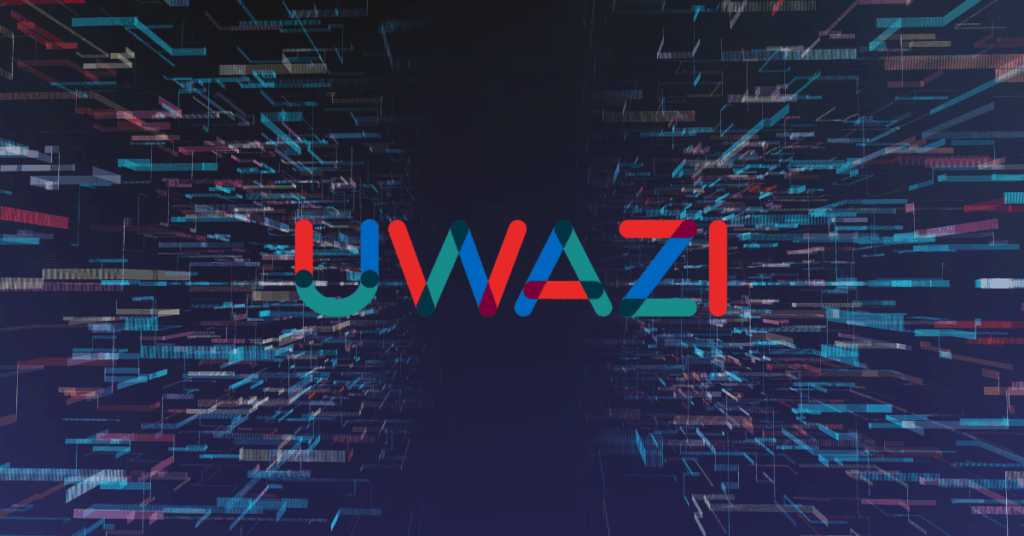
For human rights defenders, every hour spent on manual documentation tasks, like categorisation, translations or data entry, is time taken away from critical advocacy and campaigns. Our flagship database platform Uwazi has built-in machine learning (ML) features designed to give HRDs their time back. By automating the most tedious processes, defenders can turn their focus to their core mission.
SOS-Defenders
The SOS-Defenders database documents arbitrary detentions of HRDs worldwide. The system leverages ML to automatically detect language and translate short texts into five languages (Arabic, English, French, Russian, and Spanish). This immediately made 800 records from 23 countries accessible across multiple languages.
“SOS-Defenders is more accessible for CSOs, who won’t need to translate the information collected before uploading it, and users, who can browse the information in any of the supported languages. It also reduces the workload for the platform administrator.”
—Giuseppe Scirocco, Human Rights Analyst, OMCT
CYRILLA
For the CYRILLA global digital rights portal, adding and assigning values to a single document went from taking researchers three hours to 30 minutes. The HURIDOCS tech team developed the Topic Classification feature, which analyses documents and suggests relevant legal labels. This powerful metadata tool learns continuously, drastically cutting down time spent on organisation.
“Our partnership with HURIDOCS strengthens CYRILLA with a powerful metadata extraction tool that improves document processing, reduces errors, and ensures continuous learning. This partnership reinforces CYRILLA as a robust, actionable legal resource worldwide.”
—Ibrahim Sabra, Project Coordinator, CYRILLA
UPR Info
UPR Info’s Database uses Uwazi’s ML features to monitor the Universal Periodic Review (UPR) process. ML automatically categorises recommendations by topic and action type, transforming a complex, manual effort into an efficient research tool.
“Updating the database after each cycle has taken from two to three months, to taking one week.”
—Grace Kwak Danciu, Chair, HURIDOCS Board
At HURIDOCS, we share and celebrate every small win with our partners, whose vital work and improvements not only fuel our commitment but also build up and strengthen our work with the human rights community. We do this by guiding and co-creating personalised data models and Uwazi setups that reflect their needs, while our tech team continuously makes Uwazi a more robust and effective tool for their needs.
These ongoing improvements, no matter the size, help build resilience, confidence and momentum for our partners and the HURIDOCS team, showing that meaningful change can grow even in difficult circumstances.
Every contribution, insight or partnership can help us spark the next small win.
Get in touch if you want to be part of it!
